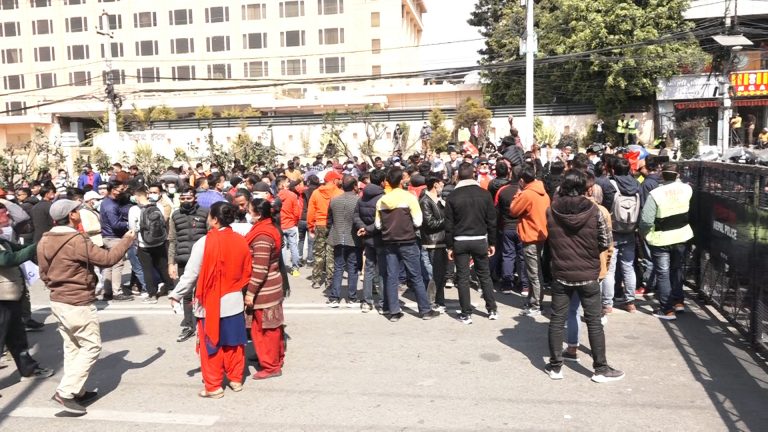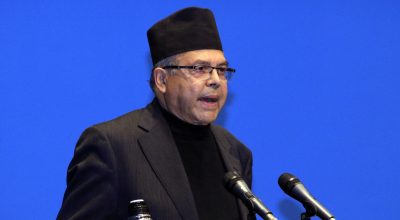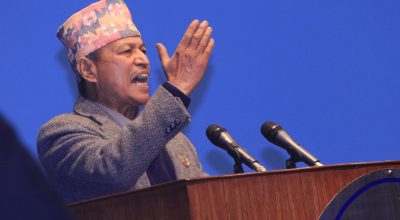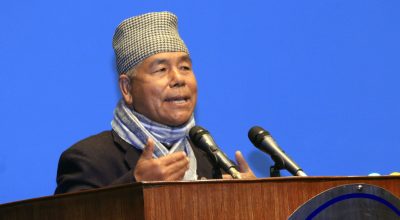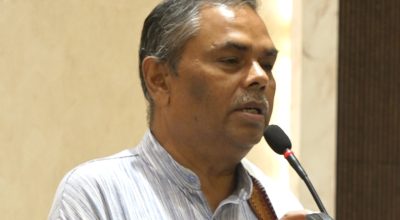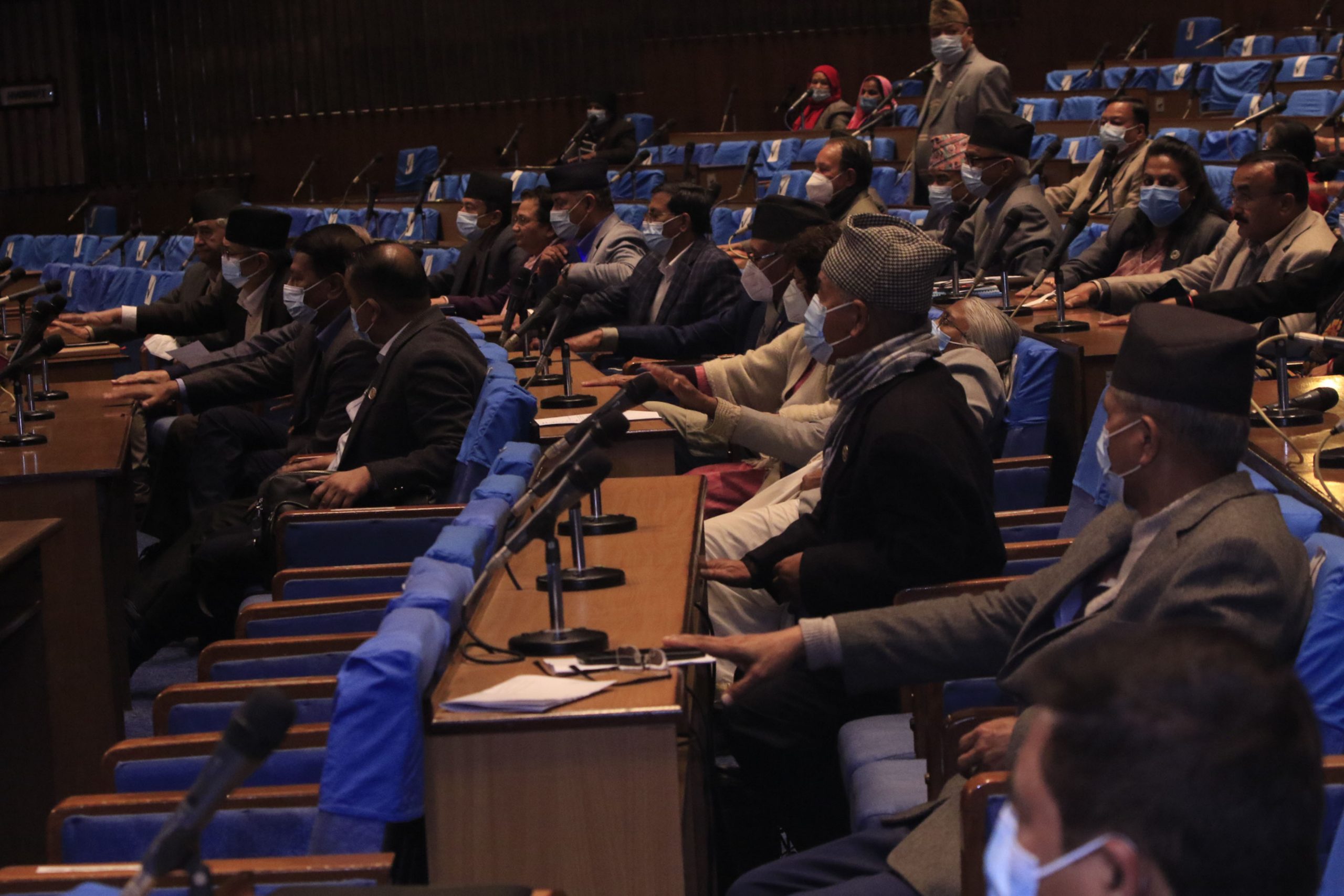
The much hyped and discussed US aid project Millennium Challenge Corporation (MCC) Compact have been approved by Nepal’s parliament with a simple majority on Sunday.
Minister for Finance, Janardan Sharma, presented the proposal in House with interpretation and commitments.
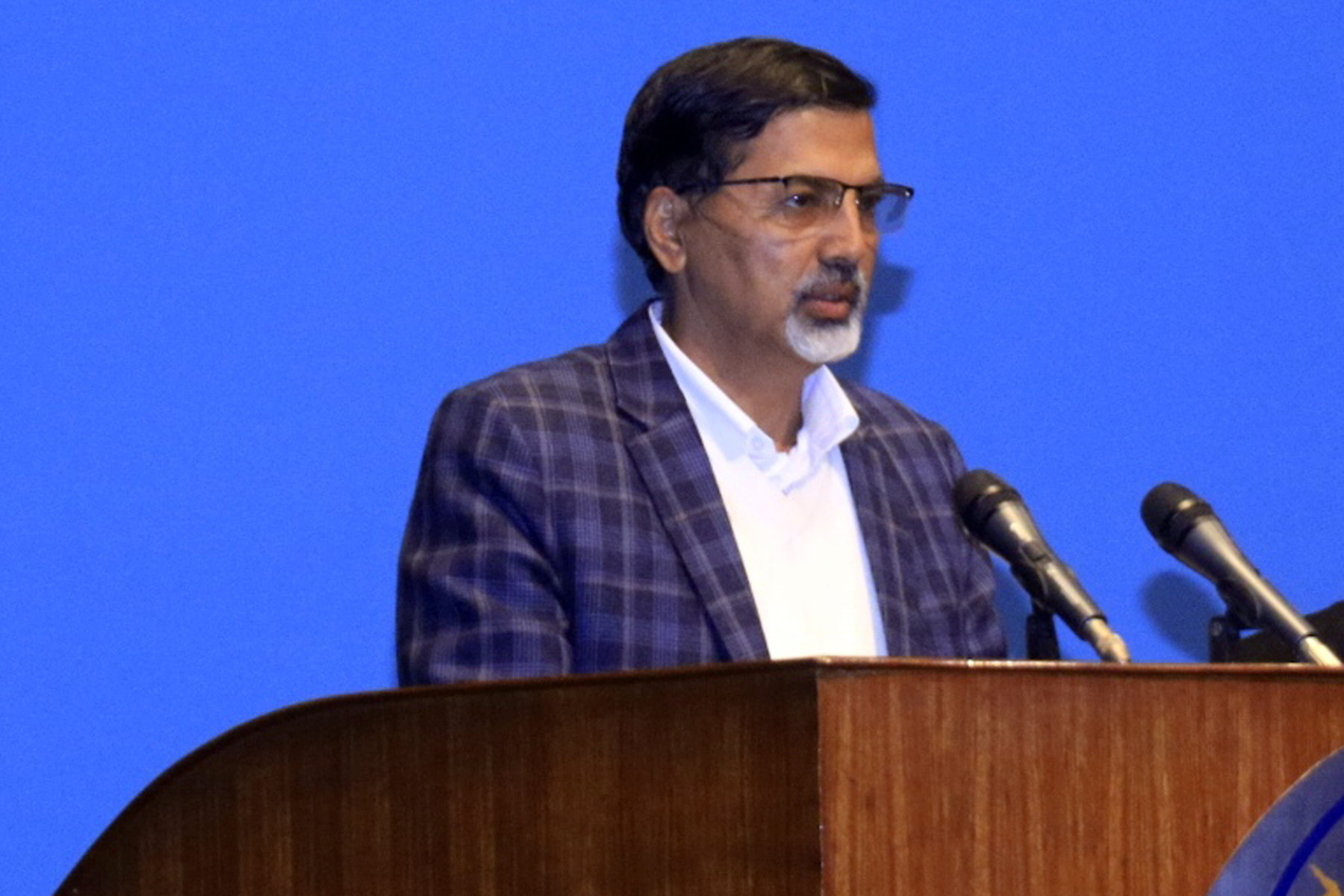
The ruling coalition partners – CPN (Maoist Center) and CPN (Unified Socialist) – were opposing the MCC Compact. They argued that a) MCC is the part of US government’s Indo-Pacific Strategy b) undermines Nepal’s Constitution and existing laws, and c) it will be used against China and BRI.
However, the Nepali Congress President and Prime Minister Sher Bahadur Deuba was adamant to approve the MCC Compact before February 28, 2022, the date set by MCC USA. He and Nepali Congress party had the unanimous view; that the MCC is purely a development grant from the United States. He carried out several rounds of discussion with coalition partners, including main opposition CPN UML. At one point, the present coalition was about to break away. Lastly, the CPN (Maoist Center) and CPN (Unified Socialist) agreed to approve the MCC Compact, with incorporating “Interpretative Declaration”.
Interpretative Declaration
Before the approval, the ruling coalition finalized to introduce and approve an interpretative declaration in the House of Representatives. The declaration has incorporated some important points: 1) Nepal will not be part or alliance of strategy, army or security, including US-led Indo-Pacific Strategy, 2) MCA-Nepal office will be governed by Nepali laws, 3) All the intellectual property rights will be reserved with Nepal, 4) audit works will be carried out by Nepal’s supreme auditor, among others.
The MCC Compact will provide a grant assistance of US$ 500 million to Nepal which will be used for building electricity transmission line and road improvement. It’s a five year project.
In the House deliberations on Sunday, many MPs from CPN (Maoist Center) and CPN (Unified Socialist), including former Prime Minister Jhalanath Khanal, CPN UML leader Dr Bhim Rawal, Dev Gurung, criticised the MCC Compact, and repeatedly requested to cancel such grant. They argued that the Compact was purely to fulfill American interest and counter China.
However, the MPs from ruling Nepali Congress, including MPs Dr Minendra Rijal and Gagan Thapa, were in favour of Compact. The main opposition party, CPN UML did not participate in the house deliberations. They were present in the House, but protesting to address their own demands — resignation of the Speaker Agni Prasad Sapkota.
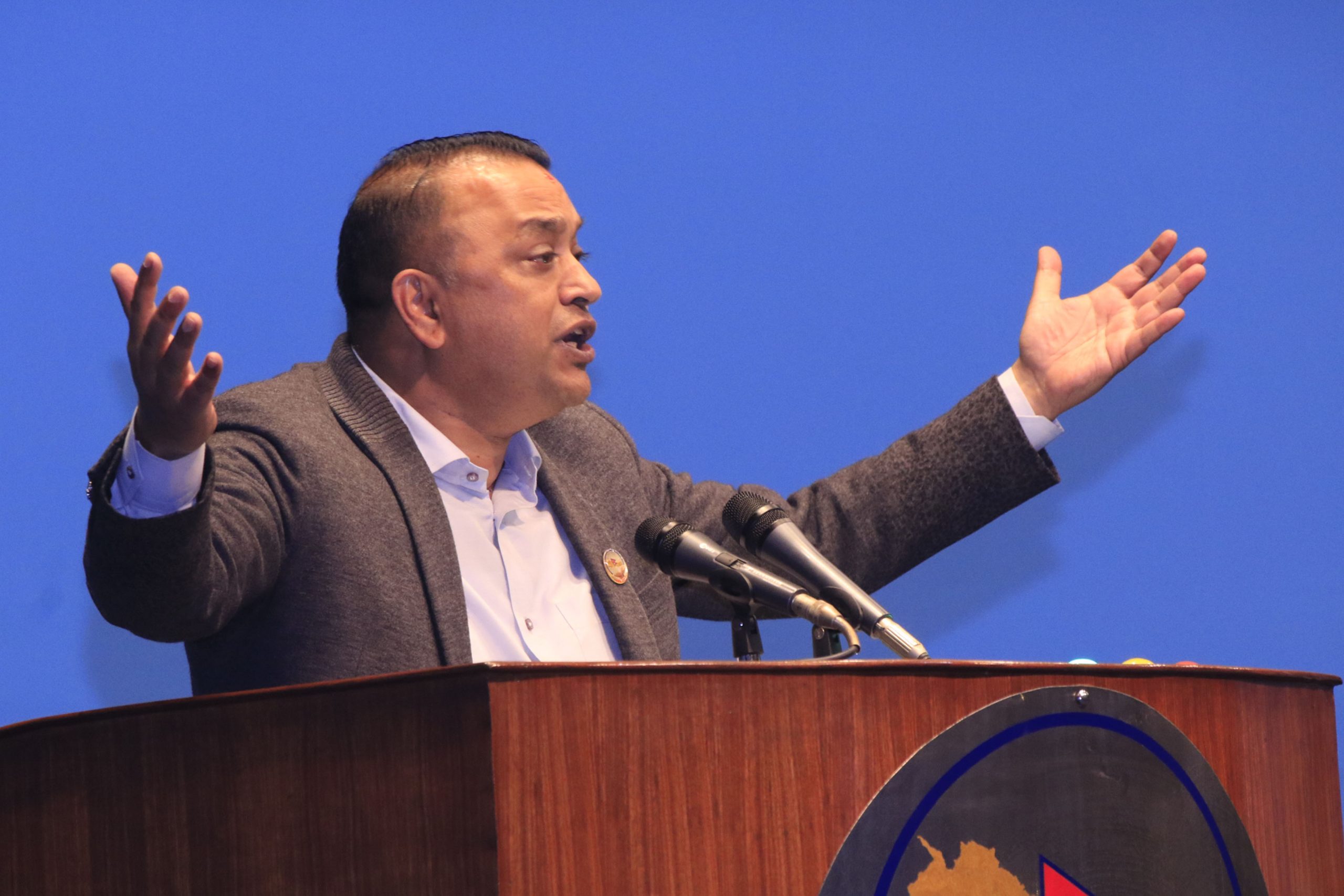
Protest in New Baneshwor
In the street outside of the Parliament building in New Baneshwor, there was protest against the MCC proposal. The protesters clashed with the police, but security agencies were in high alert and not using extra force.
